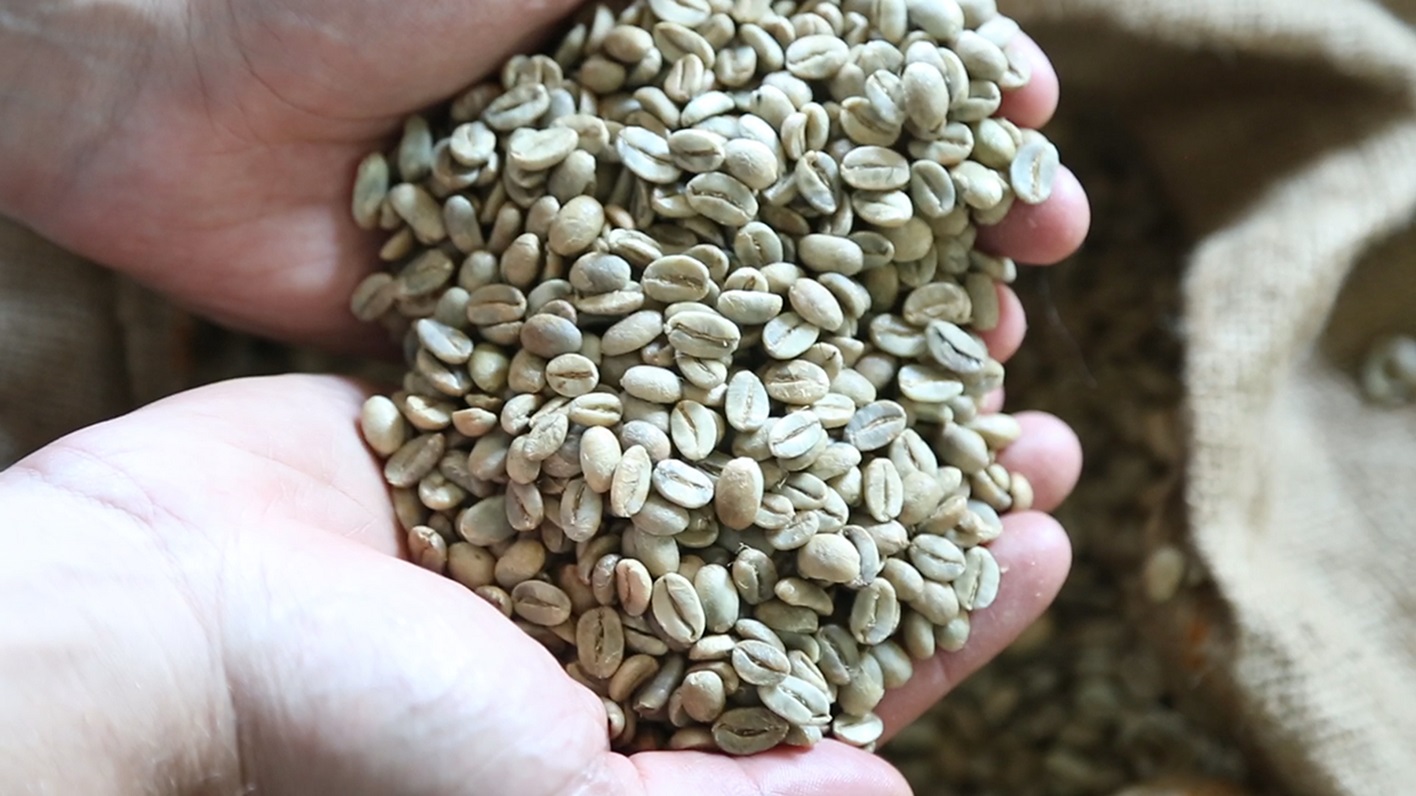
The St. Thomas University/Café Cocano Project has won an award from Ashoka U for its innovative educational approach to social entrepreneurship in higher education.
The Innovation Award is Ashoka U’s top honor for premiere higher education programs in social innovation education. It recognizes high impact and highly replicable education innovations, including pioneering teaching models, co-curricular programming, community partnerships, and research.
“We engage our students in collaborative efforts to understand and address complex local and global problems,” said Anthony Vinciguerra, coordinator for STU’s Center for Community Engagement. “This partnership has enhanced student research, internships, and courses in a variety of disciplines; has developed students’ global civic consciousness; and has developed strong relationships between the University and its partner coffee farmers – all while supporting Haitian-led, long-term social entrepreneurial development in Haiti.”
For years, bitter poverty and plummeting coffee prices around the world have made it much more profitable for Haiti’s farmers to chop trees for charcoal, and invest in cash crops, rather than coffee. But now, with the help of St. Thomas University, Haitian coffee is becoming a hot commodity.
The Café COCANO Coffee Project is a partnership with St. Thomas University and the Cafeiere et Cacouyere du Nord’Ouest (COCANO) coffee cooperative, an organic heirloom Arabica raw coffee bean that is imported in a fair-trade relationship. The arrangement invigorates rural Haitian farmers, helps reforest their land and supports a sustainable socio-economic infrastructure.
The partnership began about 10 years ago when Vinciguerra met the farmers of Port au Paix – Haiti’s poorest region. They told of growing this heirloom coffee, but lacked the infrastructure – roads, ports – to compete on the world market. The starving farmers would rip out their coffee trees and plant beans and corn so that they could eat.
Vinciguerra and business professor Justin Peart had a plan: Let the university students, who study international business, marketing and communications, find a way to import, market and sell the Port au Paix coffee, and ensure the profit gets back into the hands of the Haitian farmers.
The plan worked. The coffee farmers formed a co-op and have exported more than 160,000 pounds of coffee. The university also partnered with Panther Coffee, a Miami-based coffee roaster that also pushes fair trade, who helps with the packaging and roasting.
Farmers had been earning about $.60 per pound, now they get $4.16 per pound.
To learn more about the Ashoka U Innovation Award, click here.

